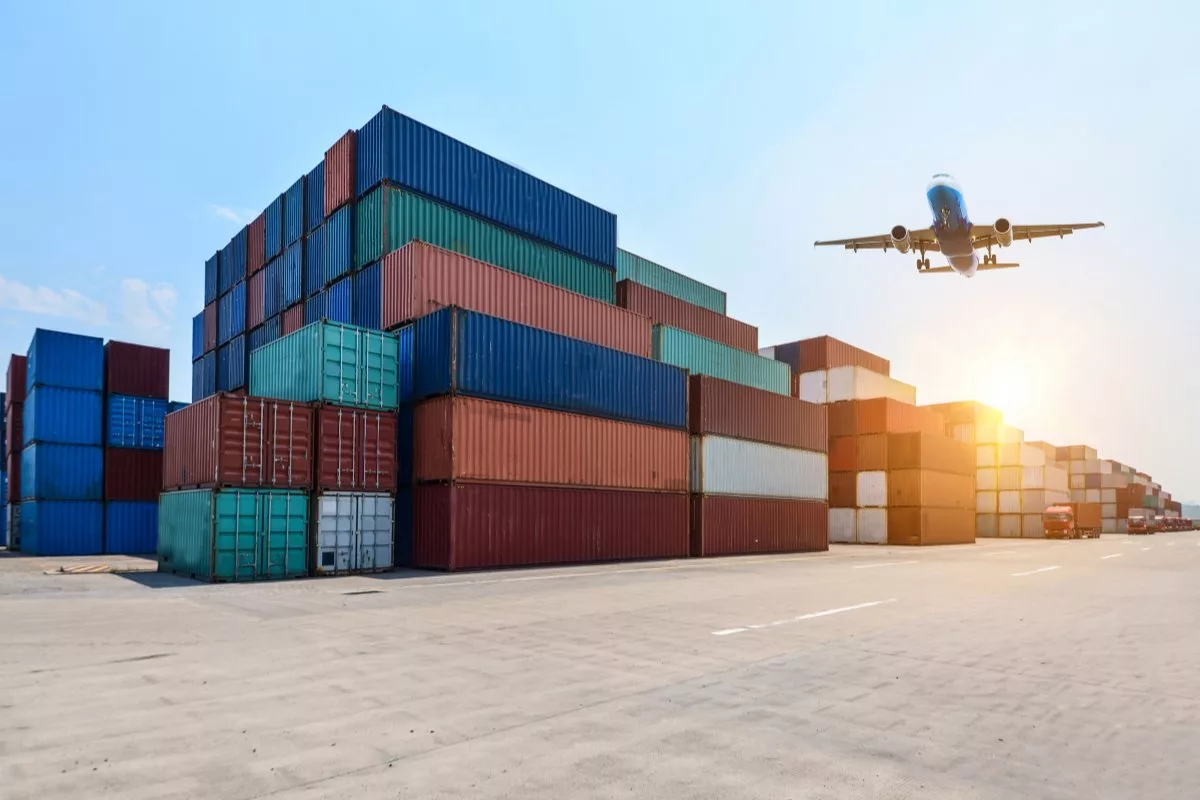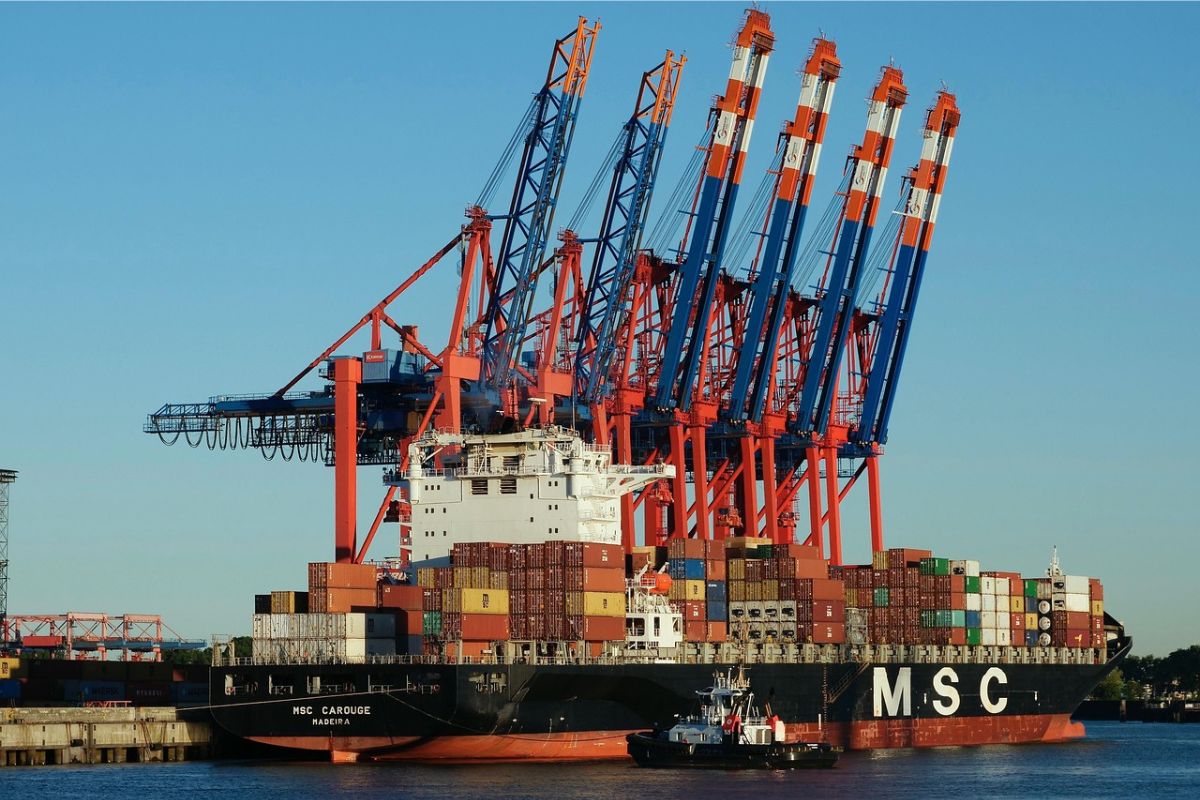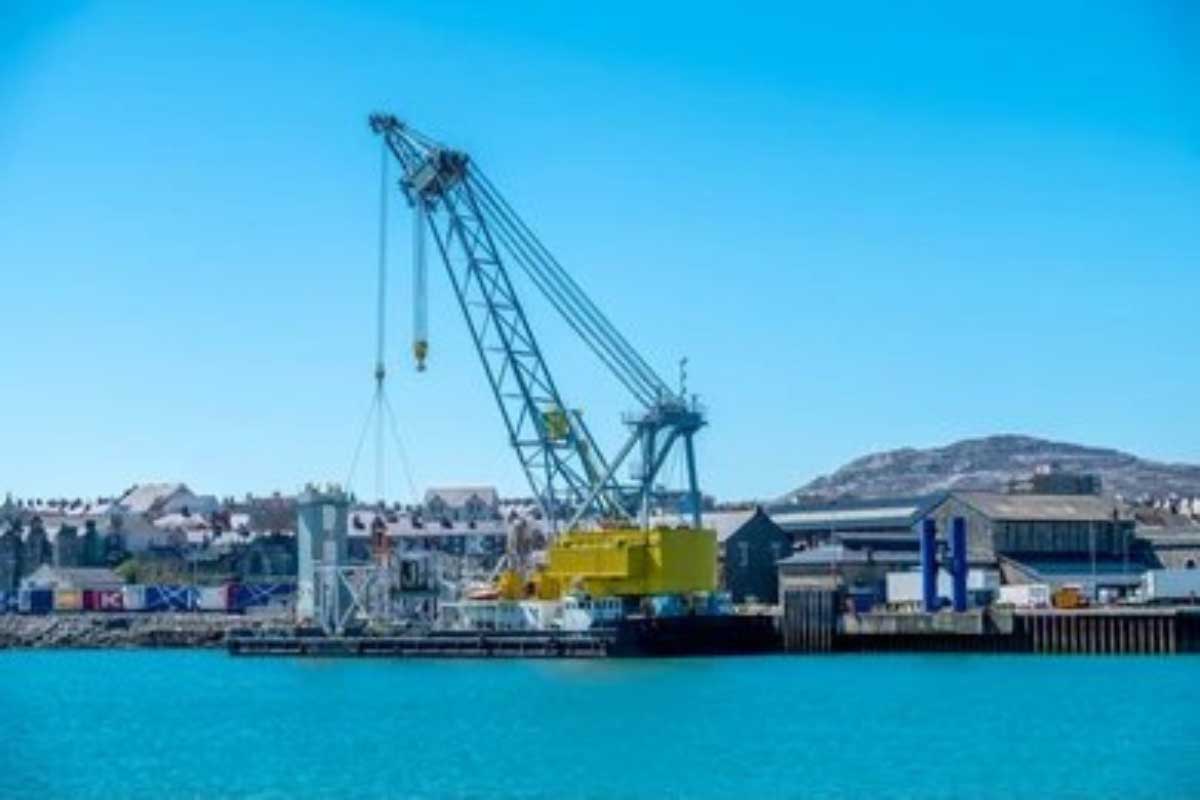Have you ever thought about how items cross borders and make their way to a store hundreds of miles away? Within today’s economy, businesses need seamless logistics to maintain efficient supply chains. Poor shipping systems can result in unnecessary delays, high costs, and many legal compliances that can harm international trade.
The support of forwarding services is what makes it easier to conduct business around the world. According to UNCTAD, 80% of international trade is conducted by shipping goods. Freight forwarders are the ones coordinating everything regarding international trade. They book the freight, clear the customs, and ensure goods get to wherever they need to be without unnecessary hold-ups.
In simpler terms, a business hiring a freight forwarder means less work and more efficiency for them. They optimize shipping routes, reduce the time spent on delivering goods, and deal with complex international laws. With the right experts, companies can grow their business while the professionals handle the logistics.
What is a Freight Forwarder?
A freight forwarder takes care of everything that has to do with shipping at a business level. To put it simply, they manage the complex logistics tasks like the customs regulations paperwork that needs to be done for transportation. Because of the burden caused by multiple carriers, a business just has to pass on the cargo to a freight forwarder, and everything can be taken care of effortlessly.
They are similar to an agent that books travel for people, but in this case, the goods being transported require a burden to be lifted. Regardless of whether it is an airplane or a truck, a freight forwarder can order it, all the while saving time. No delays or unintended costs due to his intelligence of how cargo must be consolidated, and customs clearance ends most of the problems. Without worrying, a business can focus on growth because everything else is managed.
Key Responsibilities of a Freight Forwarder
Not only do freight forwarders organize shipments, but they also manage the entire international logistics chain. They possess the necessary skills in a breadth of fields, from transportation planning to risk assessment, rendering them invaluable to any business participating in global trade. These specialists help companies skirt common pitfalls, such as shipping delays, customs complications, and regulatory penalties, by meticulously managing the supply chain.
Transportation Arrangement
Freight forwarders plan and implement the various methods of transport, air, ship, train, or truck moving goods from one place to another place. They select the optimum path in terms of time and cost, bargain with freight providers, and oversee the logistics of the shipment. Handling supply chain logistics, such as port delays or airline overloads, keeps the world turning.
Documentation Management
When shipping internationally, there are many documents that must be filed, like bills of lading, invoices, and customs forms. Forwarders manage all of this and make sure international shipping is being followed. Their attention to detail is what keeps businesses from incurring unwanted charges.
Customs Clearance
Dealing with tariffs, duties, and other payments, as well as import/export regulations, is perhaps the most challenging part of shipping. Freight forwarders work directly with customs to clear borders so shipments are not put on hold. Their legal knowledge of the local and international trade allows them to assist businesses to remain compliant.
Cargo Consolidation
To save money, freight forwarders split larger shipments into smaller consolidated loads. This method is known as making a Less-than-Container Load (LCL) shipment. Businesses are able to share containers and reduce the cost of transport. Storage facilities also aid the management of distribution.
Insurance Services
Freight forwarders are responsible for providing insurance coverage to protect shipped goods from any damage or loss. With international shipping comes the problem of bad weather, theft, and poor container management which makes for a reason to insure freight forwarders peace of mind.
Warehousing and Distribution
Inventory control and warehousing is another vice offered by freight forwarders who specialize in providing storage space on short-term or long-term bases. In addition, assists businesses in maintaining stock levels, optimizing supply chain activity, and managing timely delivery.
Freight forwarders streamline global business operations by enhancing efficiency, lowering operational costs, and providing assurance for quality deliveries.
Benefits of Using a Freight Forwarder
A freight broker makes a huge difference for businesses in international trade. International shipments involve an intricate web of logistics, rules, and risks. While these types of challenges exist, companies can overlook them and grow their business with ease. A company’s imports and exports can efficiently flow through freight forwarders and borders with their cost-effective services and up-to-date shipment monitoring systems. All these services simplify the shipping process.
1. Internship in International Logistics
To ship goods over borders, one needs to understand trade borders, shipping policies, and even customs rules. It only takes one errant compliance action for you to incur losses through fines, shipment delays, or even shipment confiscation. Using their industry knowledge, freight forwarders expertly navigate complex policies and border regulations and eliminate unnecessary customs interruptions. Acquaintance with countries’ import and export policies enables these firms to help businesses achieve legal compliance while reducing risks.
2. Cost and Time Efficiency
Freight forwarders maintain close contact with carriers, which gives them the advantage of better-negotiated rates and space during peak times. This saves businesses money and time as they are able to optimize the shipping route shipping method and consolidate shipments. Their ability to consolidate shipments also reduces costs associated with container utilization.
3. End-To-End Shipment Management
One of the primary benefits associated with a freight forwarder is the comprehensive shipment management for businesses. This includes the ability for real-time monitoring, logistics coordination, management of delays and much more. Instead of dealing with many providers, businesses can now rely on one single provider, which allows them greater satisfaction as they can focus on their primary tasks.
Wrapping Up
In global trade, the role of freight forwarders is critical as they merge complex logistics into a simple structure that is cost-effective and guarantees timely shipment. The freight forwarders’ skill in transportation, documentation, and customs clearance guarantees that delays and compliance issues do not affect businesses. When freight forwarders take responsibility for end-to-end shipping management, companies are able to concentrate on growth as there is assurance that their goods will reach international markets effectively and dependably.






